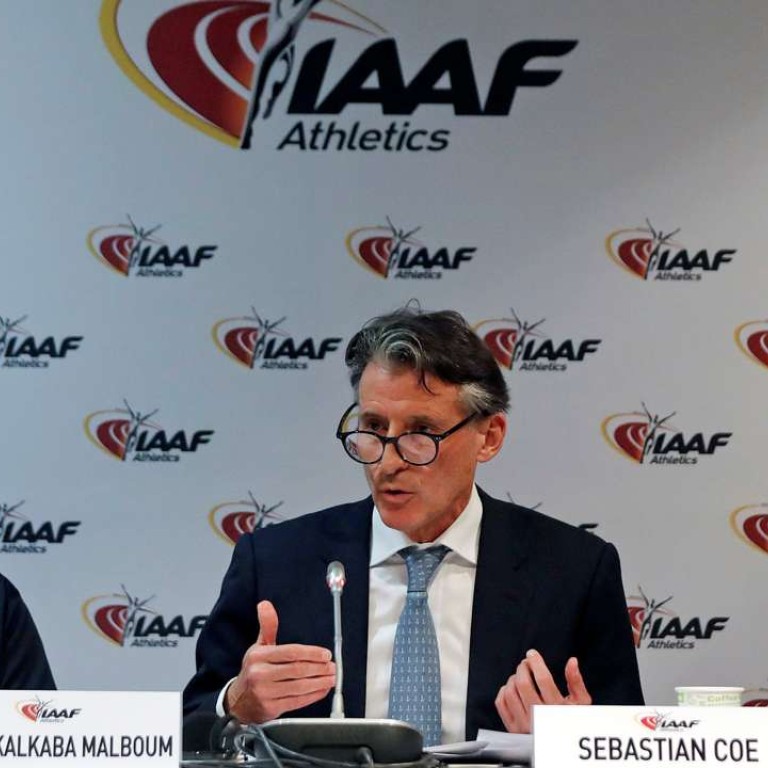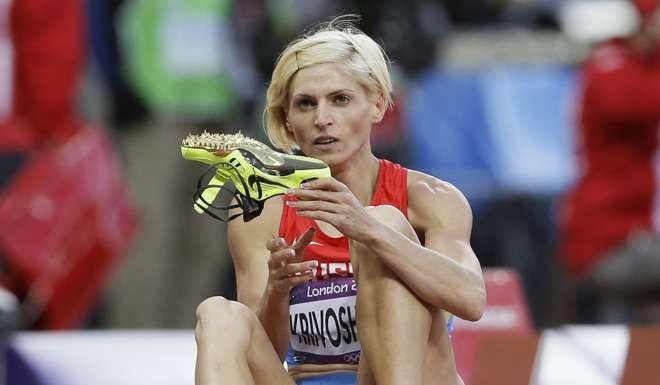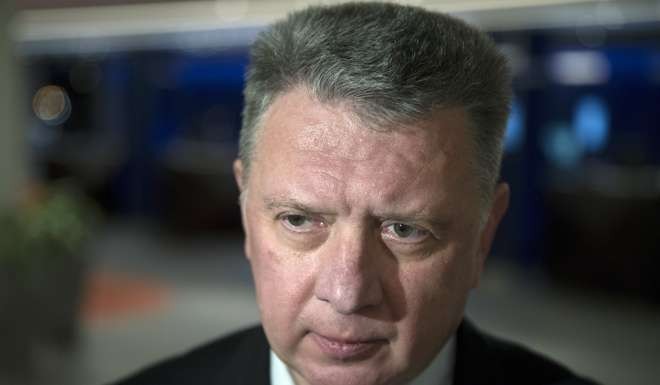
IAAF: Russia banned from London world championship
Doping ban for Russian athletes extended by IAAF
Russia will miss August’s World Athletics Championships in London after their doping ban was extended on Monday, world governing body president Sebastien Coe said.
Coe said Russia, whose 15-month ban from athletics was prolonged at the IAAF’s Council meeting in Cap d’Ail near Monaco, could not be reintegrated into the sport before November.
Double Olympic 1500-metre champion Coe was speaking after the IAAF Council approved the Taskforce’s recommendation that Russia was “not ready for reinstatement”.
Russia has been barred from international competition since November 2015 following a damaging report alleging that state-sponsored doping was rife in the country.

The ban had already been extended in March and then June 2016, preventing Russia’s athletes from competing at the Rio Olympics.
The Taskforce, which was set up to oversee Russia’s reintegration into international athletics, produced recommendations detailing a roadmap to reinstatement.
But while “acknowledging several positive developments” at recent meetings in Moscow with RusAF, the Russian Athletics Federation, and new Russian Sports Minister Pavel Kolobkov, the Taskforce also “pointed to some negative developments” including “unhelpful public comments recently made by some Russian sporting officials”.
It said that RusAF “continues to face practical and legal difficulties in enforcing provisional doping bans and there continues to be very limited testing of Russian track and field athletes at the national level as well as troubling incidents at what testing is taking place”.
The roadmap to reinstatement specifies that “testing of Russian athletes must take place without further incidents or difficulties” and that RusAF takes “demonstrable objective and practical steps to cultivate the clean sport movement”.
Coe meanwhile reiterated the IAAF’s commitment to giving clean Russian athletes the possibility to compete as neutrals, providing they are not tainted by the Russian doping system.
“Our priority is to return clean athletes to competition but we must all have confidence in the process,” said Coe at the IAAF’s Council meeting in Cap d’Ail, France.
“Clean Russian athletes have been badly let down by their national system. We must ensure they are protected and that those safeguards give confidence to the rest of the world that there is a level playing field of competition when Russians return.”
So far in 2017, 35 Russian athletes have applied to compete as neutral athletes in international competition, the statement added.

Last week, RusAF revealed the names of 31 of its athletes to have made applications, including both world and Olympic champions.
Ivan Ukhov, Olympic high jump champion in 2012, 2015 world 110 metre hurdles champion Sergei Shubenkov, 2015 world high jump champion Maria Kuchina, and 2014 world indoor triple jump champions Lukman Adams and Yekaterina Koneva, were all named on the list.
More than 60 Russian athletes have been added to the IAAF’s international testing pool which, although not guaranteeing those athletes reinstatement, Coe said it does mean the world governing body has a greater “guarantee they have undergone a long term recognised, independent and fully WADA Code-compliant drug-testing programme.”
Upon the Taskforce’s recommendation, the Council also approved the participation of Russian under-15 athletes to compete in international competition, including at July’s European Youth Olympic Festival in Hungary.

.png?itok=arIb17P0)